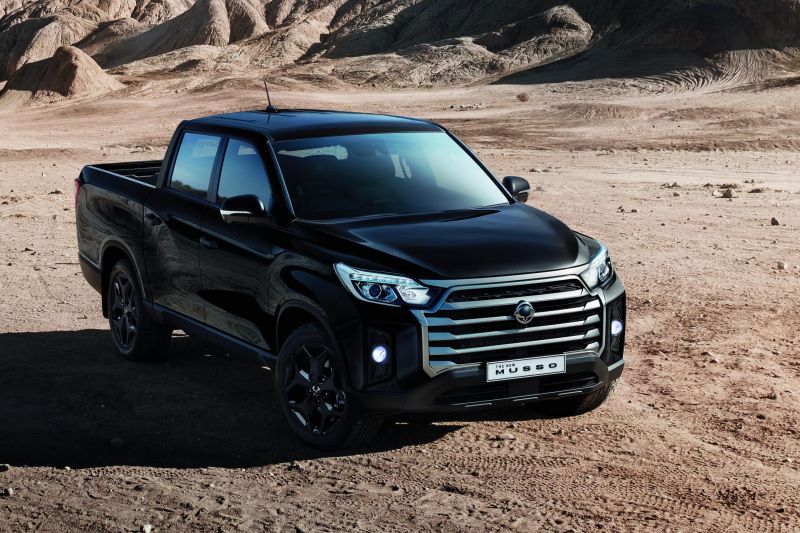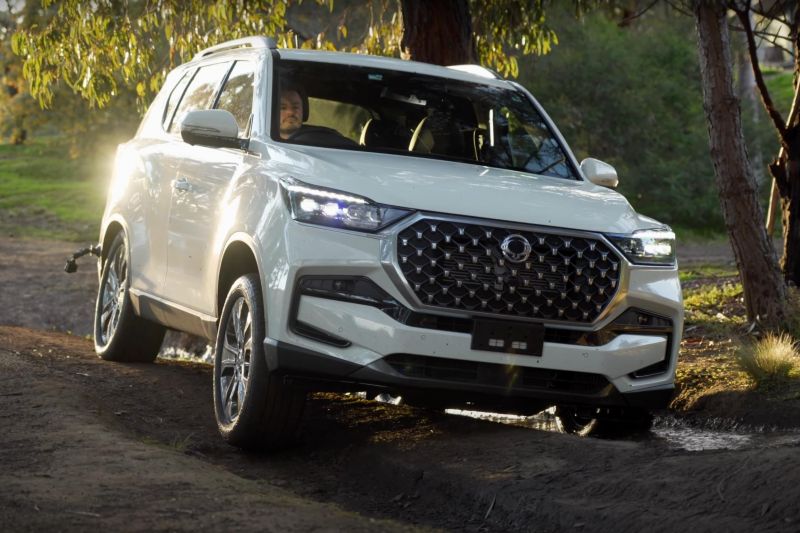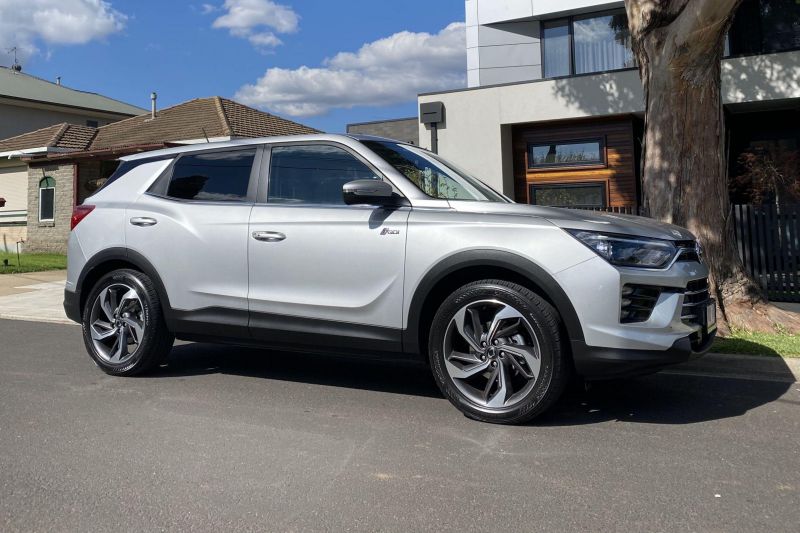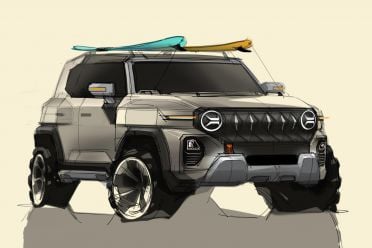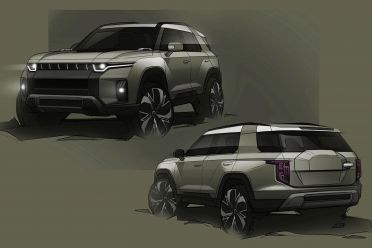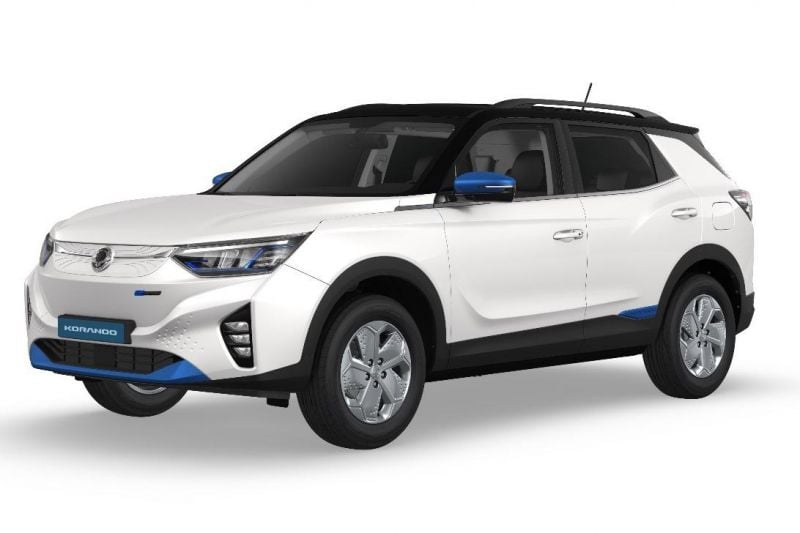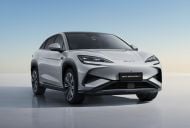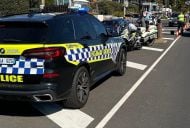In one of its darkest hours, SsangYong has found numerous suitors willing to keep the lights on.
The Korean outlet Pulse News reports there are nine preliminary bidders. Each bidder has been invited to put together a final bid by August 27, 2021.
The automaker and its court-assigned sale advisor, Ernst & Young Hangyoung, will reportedly select a preferred bidder by the end of September.
The winning bidder will likely need anywhere between 800 billion won to 1 trillion won (A$947 million to $A1.184 billion) to acquire SsangYong, which also includes coverage for the 390 billion won (A$461.9 million) SsangYong has in debt.
Companies that submitted letters of intent have reportedly been given the chance to study the company’s financials.
Confirmed bidders include US-based Cardinal One Motors and a start-up called Indi EV.
Korean bidders include electric scooter manufacturer K Pop Motors, conglomerate SM Group and electric bus manufacturer Edison Motors, the latter of which has formed a consortium with a private equity group and two other investors.
SM Group expressed interest in buying the company last time it was up for sale but lost out to present owner Mahindra & Mahindra.
It currently includes a company, Namsun Aluminum, which manufactures vehicle components. It also has cash reserves of 1 trillion won (A$1.184 billion), which makes it a more compelling suitor for SsangYong.
Interested companies must pay fees for due diligence, and so far SM Group, Edison Motors, K Pop Motors and Hygen Solution have all done so according to Pulse News.
Cardinal One Motors CEO Duke Hale has been in talks with SsangYong since before his company was founded. He was CEO of HAAH Automotive Holdings, which was working to import Chinese Chery vehicles to North America before plans fell through and the company filed for bankruptcy.
Before it entered bankruptcy in July, HAAH was looking to acquire SsangYong with an eye to selling its vehicles in North America. Hale’s goal remains the same under Cardinal One Motors.
SsangYong has been in court receivership since April of this year.
It had delayed repayment of 60 billion won (A$72 million) in loans last year “due to worsening business conditions” blamed on the global COVID-19 pandemic.
The automaker’s board met on December 21, and decided to voluntarily put the firm into receivership in order to “avoid interrupting its business operations”.
At stake in Korea are about 4500 jobs.
Chris Mandile, CEO of SsangYong’s local arm, has said “the Australian subsidiary remains fully operational, business as usual”.
The company has been teasing a range of next-generation electric models. It’s already revealed an all-electric version of the Korando, which has entered production and is being considered for Australia.
SsangYong has been bought, sold and abandoned more than its fair share of times.
Most recently Mahindra bought a majority shareholding in SsangYong in 2010, and the Indian automaker’s backing has enabled a new generation of models to be developed.
In April 2020, during the first wave of the global pandemic, Mahindra confirmed it was looking to sell SsangYong, with the subsidiary given 40 billion won ($50 million) to tide it over, while being told it needed to “find alternate sources of funding”.

